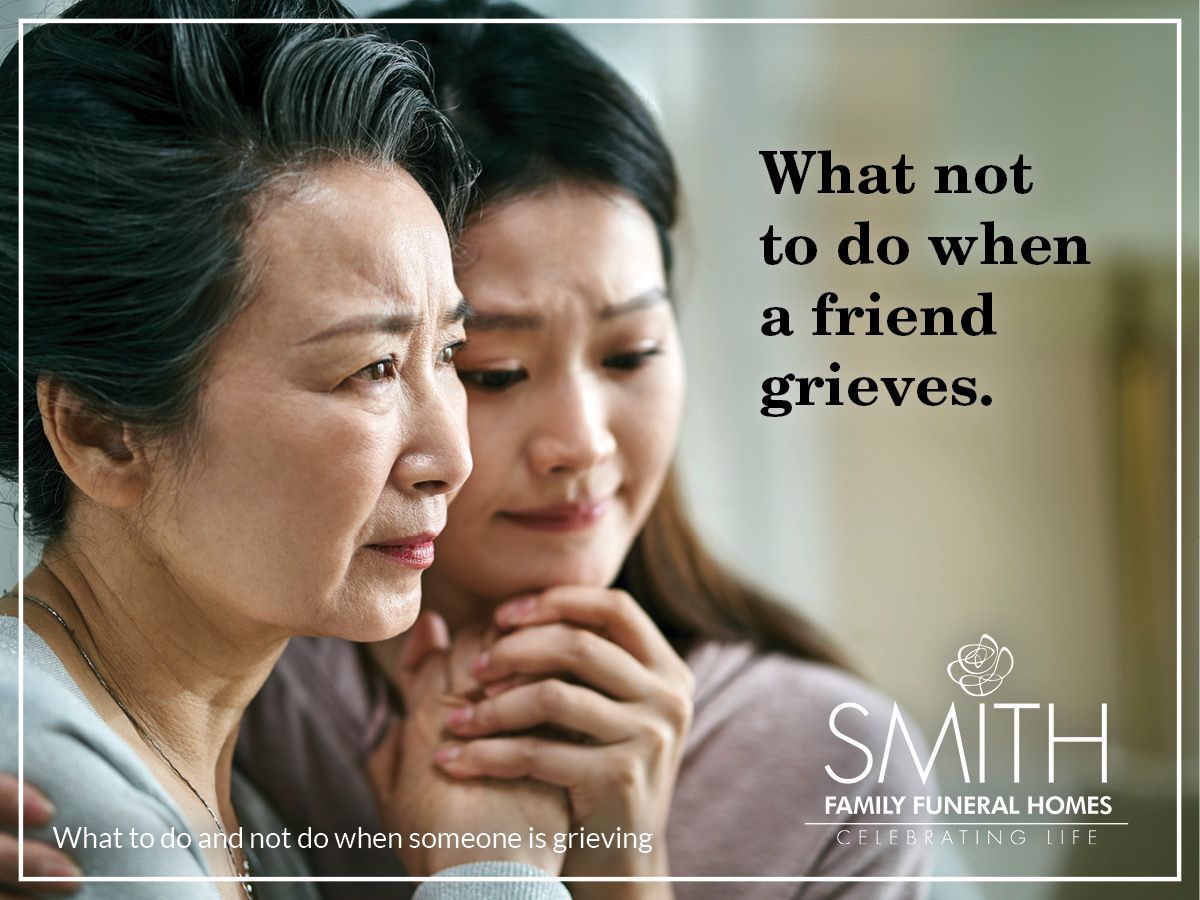
What is a Visitation? Is it Different from a Wake or Viewing?
When people say that they’re planning a funeral, they often mean something that goes beyond what occurs at the actual funeral itself. We consider funeral arrangements to be multi-day events, but that’s not because the service goes on for more than one day. It’s because most people hold additional days to allow people to gather to say goodbye or give their condolences to the loved ones of the person who passed. We call these occasions wakes, viewings, or visitations. Although they’re often used interchangeably, there are some distinct differences between the three. So, what do these events mean?
What is a visitation?
The idea behind a visitation is that you’re visiting the family of the person who passed. Essentially, a visitation is when people are invited to pay their respects to the family. This can happen for one hour or up to several days, depending on the family’s ability to receive guests. A visitation can occur in the home, but more modern visitations tend to take place in a funeral home. They typically occur in the days leading up to the funeral, but they can also be planned for after the funeral as part of the repast.
One of the most essential aspects that makes a visitation different from a wake or viewing is that this event is mainly about providing comfort for the bereaved. That’s why the person who passed is often not present for visitations. If they are present, the casket is usually closed. A visitation can also occur after cremation, with the loved one’s ashes being present.
What is a viewing?
A viewing differs from a visitation as it is less meant to provide support for the family and more meant as a time for loved ones to gather and say personal goodbyes to the one who passed. While it’s generally acceptable for anyone who wishes to come to a visitation and express their condolences, a viewing is more meant for people who knew the decedent on a personal level.
Viewings used to be commonly done in the home, but today they happen in funeral homes. Like a visitation, these events are often planned for the days leading up to a funeral. However, because a viewing involves seeing the decedent, it cannot happen after the funeral like a visitation can. Viewings are generally open-casket, giving close friends and family the chance to see their loved one before they are buried or cremated.
What is a wake?
A wake and a viewing are often used synonymously, particularly in the U.S. and Canada. A wake is still essentially a time in which mourners are invited to see the person who passed and say goodbye. Like viewings, they used to take place in the home, but they occur in funeral homes today.
Wakes do have roots that go further back than viewings, however. Although there’s a common misconception that the origin of wakes comes from the idea that people used to come view the decedent to see if they’d “wake up,” these events actually were more about holding a vigil. In Celtic countries in Europe, volunteers would stay awake beside the decedent until they were buried in the hopes that their presence would deter spirits from possessing the form of their loved one.
Ultimately, though, today's wakes are more commonly simple events in which the decedent is present so that mourners can see their loved one a final time before they’re cremated or buried. Most often, modern wakes could also be called viewings.
When you’re arranging a funeral, you should consider the events that occur around the service itself. A visitation is a lovely way for a community to come together to support the family of someone who passed. And a wake or viewing gives people who loved the decedent the chance to say farewell to someone who meant so much to them. If you’d like to arrange for days for viewings or visitations, talk to your funeral director about what options they have for hosting these additional events.
Smith Family Funeral Homes provides quality funeral, memorial and cremation services to the families of Central Arkansas. Their six locations can be found in Little Rock, North Little Rock, Westbrook, Sherwood, Benton and Arkadelphia. With a privately-owned crematory operated by licensed professionals, Smith Family Funeral Homes can guarantee their high standard of care throughout the cremation process. To learn more, visit smithfamilycares.com.













